KPV – 4MG
$40.00
Discount per Quantity
| Quantity | Discount | Price |
|---|---|---|
| 5 - 8 | 5% | $38.00 |
| 9 + | 10% | $36.00 |
Scientific Overview of KPV
KPV is a tripeptide fragment derived from the alpha-melanocyte-stimulating hormone (α-MSH). It consists of three amino acids arranged in sequence and represents the minimal stretch investigated for its potential role in modulating inflammatory processes in laboratory studies. Research suggests KPV may operate through mechanisms distinct from those attributed to α-MSH, warranting further exploration into its potential biological interactions.
Alternative Names: MSH(11-13), ACTH(11-13), alpha-MSH(11-13)
KPV Studies and Research Data
KPV Investigations on Intestinal Pathways
Research in murine models of intestinal inflammation has suggested that KPV may help mitigate inflammatory changes. Experimental findings noted potential decreases in inflammatory markers and histological indicators, alongside improved outcomes in test groups. Studies utilizing nanoparticle delivery systems have further suggested that KPV may be internalized through peptide transporters such as PepT1, which appears to play a role in its cellular uptake. These findings imply that PepT1-mediated pathways may be central to its observed actions in intestinal environments.
Cellular Mechanisms and Inflammatory Signaling
Laboratory studies indicate that KPV may influence intracellular signaling events, including calcium pathways and suppression of transcription factors such as NF-κB. Inhibition of signaling cascades like NF-κB and MAPK has been proposed as one possible means by which KPV might modulate cellular inflammatory responses. Such modulation appears associated with reduced cytokine activity in research models, though the full scope of these mechanisms requires further investigation.
KPV Experimental Insights into Wound Models
In corneal epithelial research models, KPV has been studied for its potential contribution to tissue recovery. Experiments have suggested that samples exposed to KPV may demonstrate accelerated wound closure compared to untreated controls. Additional studies propose that nitric oxide (NO) signaling could be a contributing factor, as inhibition of NO appeared to diminish the observed facilitative actions of KPV. These findings suggest a possible role of NO pathways in mediating its cellular influence.
Considerations in Scar Formation
Research exploring scarring models suggests that KPV may play a role in reducing inflammatory pathways that contribute to hypertrophic scar development. Compared to α-MSH, which is known to influence pigmentation, KPV appears not to share the same pigmentation-inducing characteristics, potentially differentiating its applications in experimental wound-healing contexts.
Conclusion
KPV has been investigated in a variety of experimental settings, including intestinal inflammation, wound recovery, and scarring models. Findings suggest that it may interact with cellular signaling pathways such as NF-κB, MAPK, and NO signaling, while also relying on transporter-mediated uptake. Though much of the evidence remains preliminary, these areas of research highlight KPV’s potential role in ongoing laboratory exploration of cellular processes tied to inflammation and recovery.
References
- Bonfiglio V, Camillieri G, Avitabile T, Leggio GM, Drago F. Effects of the COOH-terminal tripeptide alpha-MSH(11-13) on corneal epithelial wound healing: role of nitric oxide. Exp Eye Res. 2006 Dec;83(6):1366-72. doi: 10.1016/j.exer.2006.07.014. Epub 2006 Sep 11. PMID: 16965771.
- Dalmasso G, Charrier-Hisamuddin L, Nguyen HT, Yan Y, Sitaraman S, Merlin D. PepT1-mediated tripeptide KPV uptake reduces intestinal inflammation. Gastroenterology. 2008 Jan;134(1):166-78. doi: 10.1053/j.gastro.2007.10.026. Epub 2007 Oct 17. PMID: 18061177; PMCID: PMC2431115.
- Song J, Li X, Li J. Emerging evidence for the roles of peptide in hypertrophic scar. Life Sci. 2020 Jan 15;241:117174. doi: 10.1016/j.lfs.2019.117174. Epub 2019 Dec 13. PMID: 31843531.
- Xiao B, Xu Z, Viennois E, Zhang Y, Zhang Z, Zhang M, Han MK, Kang Y, Merlin D. Orally Targeted Delivery of Tripeptide KPV via Hyaluronic Acid-Functionalized Nanoparticles Efficiently Alleviates Ulcerative Colitis. Mol Ther. 2017 Jul 5;25(7):1628-1640. doi: 10.1016/j.ymthe.2016.11.020. Epub 2017 Jan 28. PMID: 28143741; PMCID: PMC5498804.
- Elliott RJ, Szabo M, Wagner MJ, Kemp EH, MacNeil S, Haycock JW. alpha-Melanocyte-stimulating hormone, MSH 11-13 KPV and adrenocorticotropic hormone signalling in human keratinocyte cells. J Invest Dermatol. 2004 Apr;122(4):1010-9. doi: 10.1111/j.0022-202X.2004.22404.x. PMID: 15102092.
- Zhu W, Ren L, Zhang L, Qiao Q, Farooq MZ, Xu Q. The Potential of Food Protein-Derived Bioactive Peptides against Chronic Intestinal Inflammation. Mediators Inflamm. 2020 Sep 9;2020:6817156. doi: 10.1155/2020/6817156. PMID: 32963495; PMCID: PMC7499337.
Disclaimer:
The products mentioned are intended solely for laboratory research and in-vitro experimentation. They are not approved for human or animal use of any kind. All details provided are for educational purposes only. By purchasing from this site, you agree to comply with our Terms and Conditions.
Only logged in customers may leave a review.
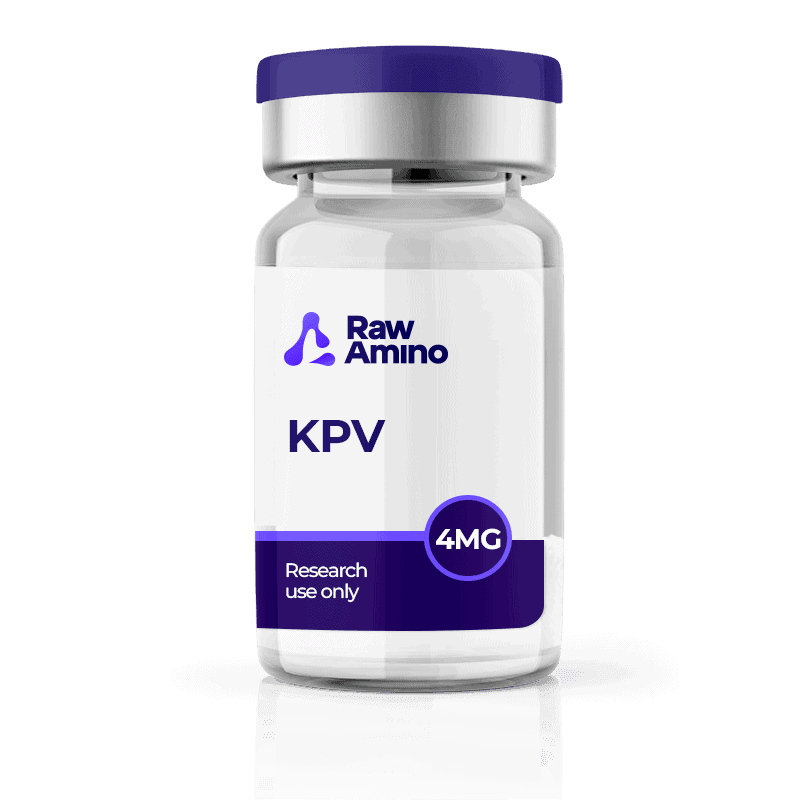
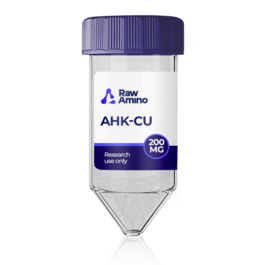
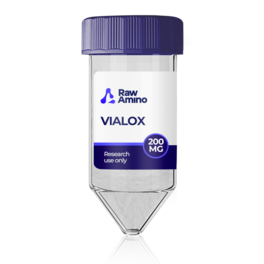
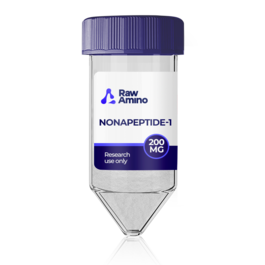
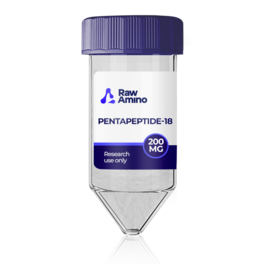
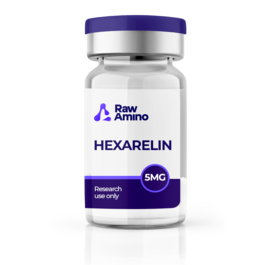
Reviews
There are no reviews yet.